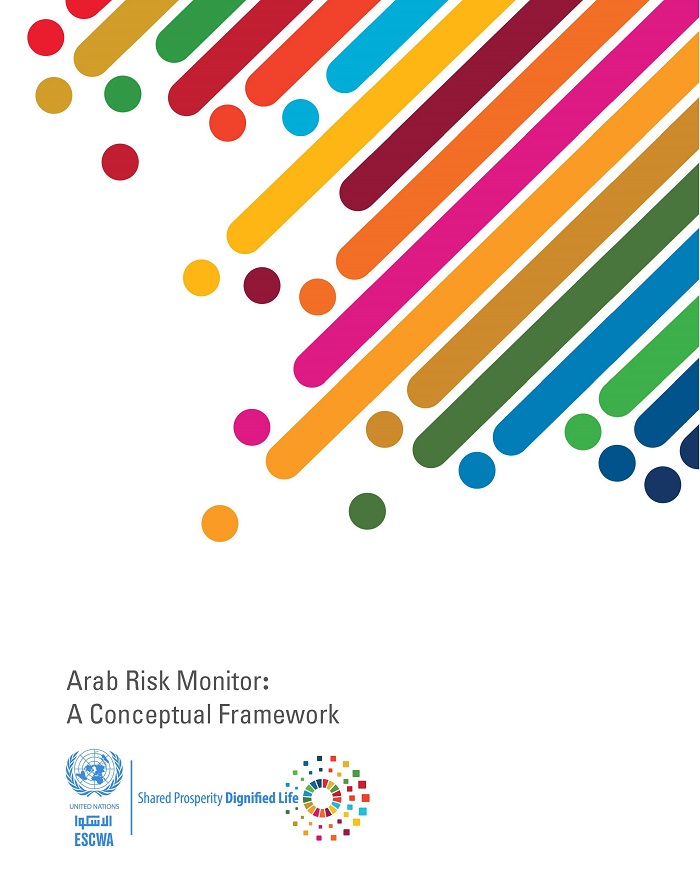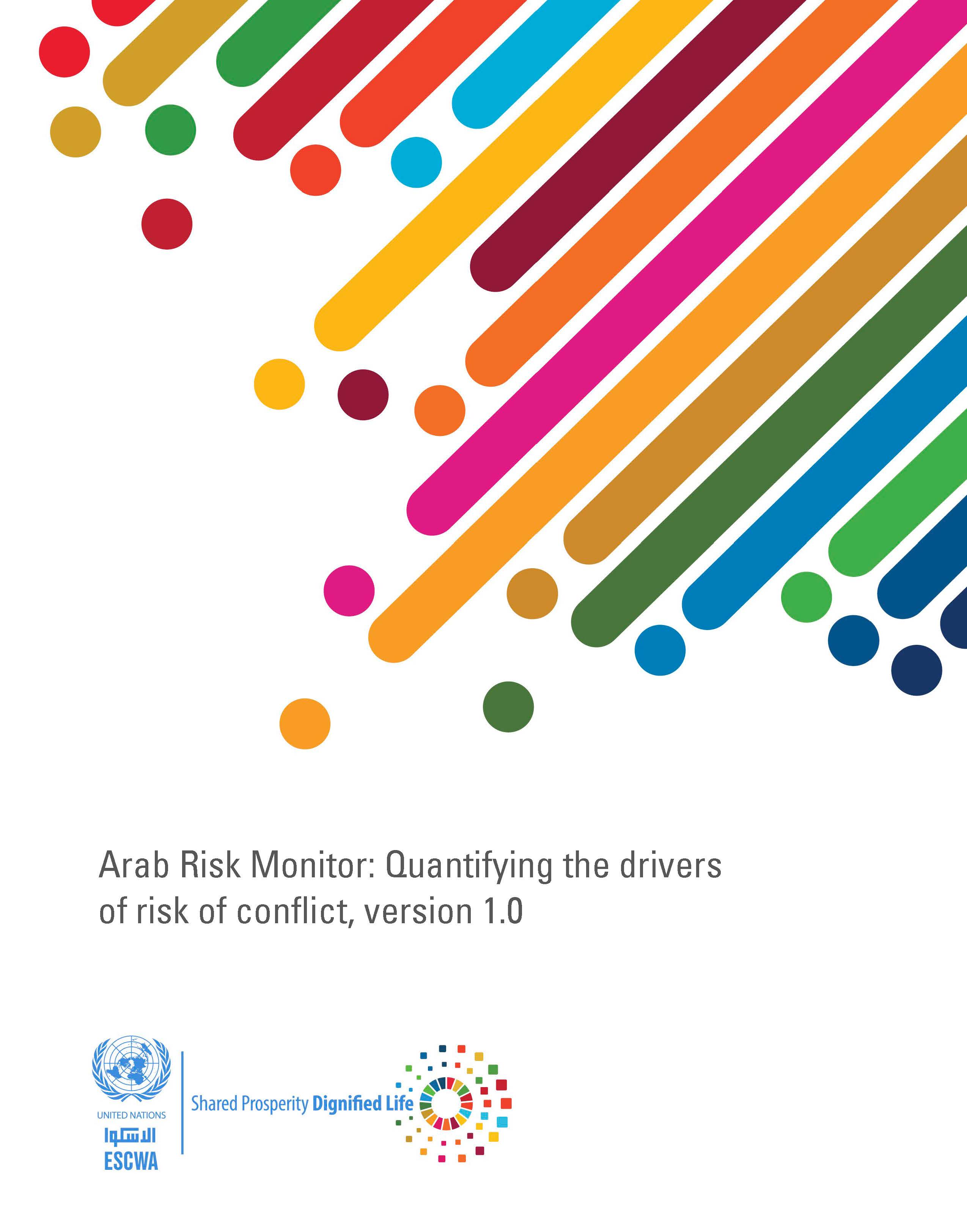• New modes of prevention: The multidimensional nature of risk requires new modes of long-term, cross-pillar thinking. There is a growing need for prevention approaches that take account of complex risks: that are, in other words, risk informed.
• Addressing regional vulnerabilities: the Arab region faces various unique risks. Risk-informed policy making allows policymakers to understand these specific risks and design prevention that are tailored to the region's needs, enabling a proactive approach to anticipate and mitigate potential threats before they materialize.
• Building resilience: By understanding the risks they face, policymakers can develop policies that increase the resilience of their communities to withstand shocks, minimizing the impact and facilitating a faster recovery
• Promoting cross-pillar collaboration: Risks are multidimensional and require a coordinated response from various stakeholders. Risk-informed policy making encourages collaboration among all actors at the humanitarian, development, and peace nexus. It facilitates the exchange of information, expertise, and resources, enabling a comprehensive and integrated approach to prevention. Through collaboration, a collective understanding of risks can be developed, leading to more effective prevention.
• Fostering sustainable peace and development: Risk-informed policy making encourages a long-term perspective on prevention. Instead of reacting to crises, policymakers can focus on addressing the root causes and underlying risks. By identifying and mitigating risks in advance, policymaking can be guided by prevention, breaking the cycle of recurrent crises and contributes to the overall peace and development of the Arab world.

